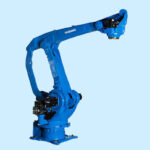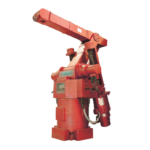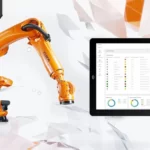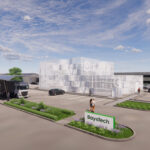ASIA ELECTRONICS INDUSTRYYOUR WINDOW TO SMART MANUFACTURING
New Recycling Plant Taps Emerson's Novel Automation
British recycling company ReNew ELP has tapped Emerson Electric Co. for its novel automation technologies. In particular, these automation solutions will power ReNew’s new plastics recycling plant, which will rise in Teeside in Northeast England.
Emerson’s advanced automation technology and software will help achieve safe, efficient operation of an innovative hydrothermal process. Because of these technologies, ReNew will be able to convert end-of-life plastics back into their original feedstock to produce new plastic products. Hence, this effort will help reduce waste and pollution.
Currently, many post-consumer plastics, including flexible and multi-layer plastic packaging items, are difficult to recycle using traditional methods. Because of this, the disposal method of these unrecyclable plastics is either through landfill or incineration. Therefore, the World Economic Forum (WEF) said 95 percent of this short first-use cycle of plastic packaging material results to US$80 to 120 billion in losses.
Novel Automation Tools
Richard Daley, Managing Director, ReNew ELP, said converting end-of-life plastics into fossil-replacement feedstocks eliminates unnecessary single-use plastic. Clearly, the raw ingredients will make for a circular plastics economy, creating value instead of waste.
“Pivotal to achieving these goals is the construction of this first commercial-scale plant using a unique hydrothermal platform. In Emerson, we found a valuable, long-term partner to create an advanced automation model for further plants planned across Europe,” said Daley.
The ReNew ELP plant will utilize a groundbreaking advanced recycling process called Hydrothermal Plastic Recycling System (HydroPRS). That is, the plant uses supercritical steam (high pressure and temperature) to convert waste plastics into the valuable chemicals and oils. These products can become key components into new plastics and other materials.
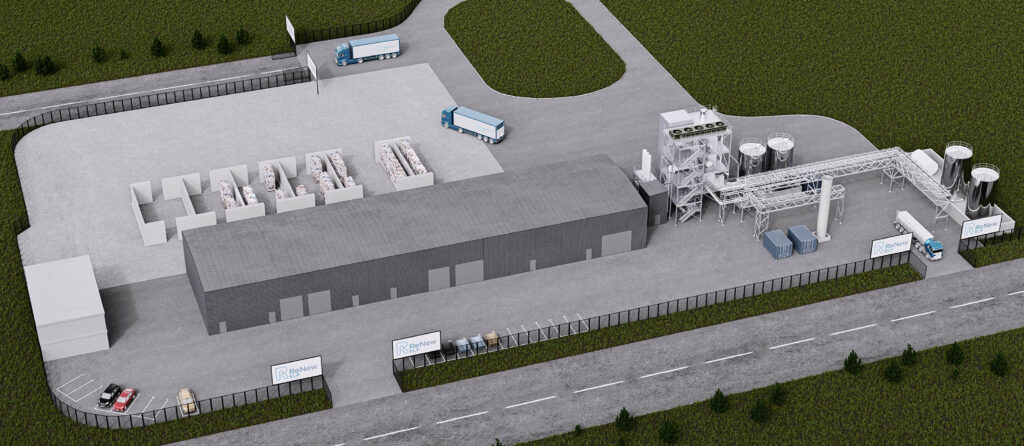
Daley said the HydroPRS process is currently undergoing a Life Cycle Assessment by Warwick Manufacturing Group. That is, to understand both its environmental impacts and Global Warming Potential (GWP). Taken into consideration also is the CO2 savings from diverting plastic waste away from incineration and into advanced recycling.
“Initial findings indicate a significantly reduced GWP when compared to energy from waste (incineration) and a favorable comparison to fossil naphtha. (This supports) the ambition of a viable pathway to net zero,” said Daley.
Integrates Control, Safety Systems
As the main automation contractor, Emerson will be responsible for developing a complete automation and control solution. Ultimately, this will ensure safe and efficient operation production process with minimum operator intervention.
Emerson’s Project Certainty methodology, which digitalizes project execution, will help deliver the plant on budget and on schedule. Meanwhile, its Operational Certainty methodologies will help ReNew ELP realize maximum operational performance and profitability.
Roel Van Doren, Group President of Global Sales at Emerson said the company can support the environmental sustainability goals of industrial companies. This is through greater efficiency, expanded use of cleaner energy sources, emissions capture, and improved management of waste materials.
As part of the automation solution, Emerson will provide an integrated control and safety system. In particular, this system will incorporate its DeltaV distributed control system and DeltaV safety instrumented system. Emerson’s Plantweb digital ecosystem will provide visibility to process performance and actionable data about equipment health. Plantweb digital ecosystem incorporates wired and wireless networks that support clusters of advanced measurement instrumentation.
Minimize Manual Inspections
The automation system will feature a broad range of severe service and general-purpose control valves, on/off valves, and pressure control technology. A range of asset management solutions will enhance equipment reliability and increase process availability and throughput. Correspondingly, this will minimize the time operators spend in the field performing manual inspections.
ReNew expects the plant will become operational in late 2022. The first phase, including one of four recycling lines, will be able to process 20,000 tons of plastic waste per year.

